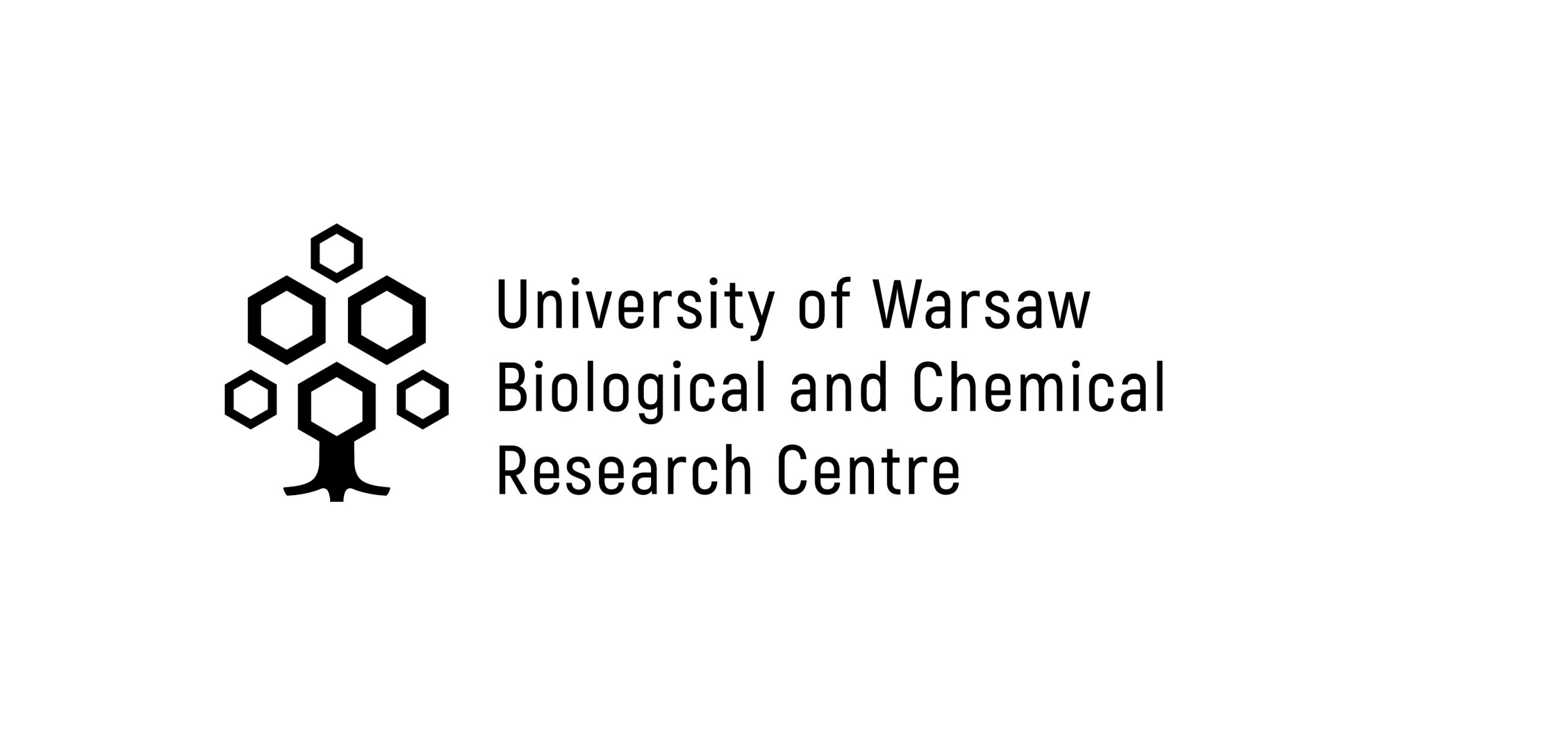Laboratory of Drug Susceptibility Testing and Mechanisms of Resistance to Antibiotics, ARB/ARG-LAB
Description of the Group
Our research team is especially interested in studies in the field of microbiology, physiology, bacterial genetics, and biotechnology. The studies involves the identification and analysis of antibiotic-resistant bacteria (ARB), determining the drug susceptibility profile and identifying resistance genes (ARG) predominantly located on mobile genetic elements (MGEs) such as plasmids that, which may spread in an environment by horizontal gene transfer (HGT). The studies focused on bacteria isolated from the natural environment, which was anthropologically impacted, soil, agricultural crops, water, fish breeding ponds, wastewater treatment plants, and animal feces (chicken, pig and cattle).
Our research group collaborates with research teams from Austria, France, Ireland, Israel, Canada, Germany, Romania and Switzerland as part of two international projects (coordinated in Poland by prof. M. Popowska): 1. 2018-2021, INART – Intervention of antimicrobial resistance transfer into the food chain, (JPI AMR).
- 2020-2023, ANTIVERSA – Biodiversity as an ecological barrier for the spread of clinically relevant antibiotic resistance in the environment (BiodivERsA Call 2018).
An additional aspect of the research is searching for the specific antibacterial compounds produced by bacteria and fungi that can be used as a possible alternatives to drugs in the fight against pathogenic bacteria. We mainly focused on bacteriocins and bacteriocin-producing bacteria interactions with plants, animals and humans pathogens. We also conduct research on secondary metabolites of filamentous fungi showing antibacterial activity.
To achieve our goal we apply a wide range of microbiological, analytical, physiological, biochemical, molecular, metagenomic and bioinformatics techniques with specialized equipment, including: thermocyclers, Real-Time PCR System (LightCycler 96, Roche), ARG Smart Chips (Takara by Resistomap), epicPCR, or SpectraMax iD3 multi-mode micro-plate reader (Syngen).
Research Activities
The team’s main focus is research on the mechanisms of bacterial resistance to antibiotics (AMR) and heavy metals, and the search for specific antimicrobial compounds. We focus on the study of antibiotic-resistant environmental bacteria (ARBs), determining their drug susceptibility profile and identifying resistance genes (ARGs) located mainly on mobile genetic elements such as plasmids that can be distributed in an environment by HGT.
Characterization of many antibiotic-resistant bacteria (ARB) from diverse sources such as food products or wastewater treatment plants at all stages of treatment and identification of their resistance mechanisms (ARG) with the analysis of resistance plasmids (MGEs).
Meta-analysis of five newly identified IncQ-3 plasmids aiming their genome structure, potential mobility (HGT) and diversity of harbouring resistance genes.
Metagenomes and resistomes of arable soils and animal manures. These studies are conducted as part of two international projects: INART (JPI AMR) and ANTIVERSA (BiodivERsA).
Commercial:
- Antimicrobial susceptibility tests and identification of resistant strains (disk diffusion method; E-tests; VITEK® 2 Compact system for bacteria identification and antimicrobial susceptibility testing (BioMerieux)
- Research on resistance mechanisms: identification of resistance genes to antibiotic, chemotherapeutic agents and heavy metals by PCR amplification – thermocyclers; qPCR – Real-Time PCR LightCycler 96, Roche; ARG Smart Chips, Takara; epicPCR – thermocyclers, VisiScope® fluorescence microscope
- Identification of resistance plasmids, conjugation; transformation; DNA cloning (using classical methods of molecular biology and systems for amplification and visualization of PCR products)
- Construction of genetic vectors and marker strains
- Cultivation of microorganisms, obtaining pure bacterial cultures and their identification (selective media, molecular markers, 16S rRNA PCR, V3-V4 16S rRNA targeted metagenome sequencing, and species identification using MALDI-TOF MS)
- Biodiversity studies (metagenome, resistome, bioinformatic analysis)
- Research of bacterial biofilms formation, bacterial growth kinetics (including the use of the SpectraMax iD3 multi-mode plate reader)
Team Leader
Head of Department of Bacterial Physiology at the Institute of Microbiology UW. The CEO of the BACTrem biotechnology company from 2016, now spin-out of UW. Main leader in research in the field of biotechnology, microbiology, physiology and genetics of bacteria as part of numerous national and international projects. Author of various scientific publications, conference reports and patents, achiever of many awards for academic achievements. The official representative of Poland in the COST Actions concerning antibiotic resistance: NEREUS – ES1403 and DARE – TD0803 and the Network – JPIAMR – WAWES. Winner of 10th edition of the Businesswoman of the Year competition in the Leader in New Technologies category, 2019 and Polish Intelligent Development Award as a Scientist of the Future, 2020.

